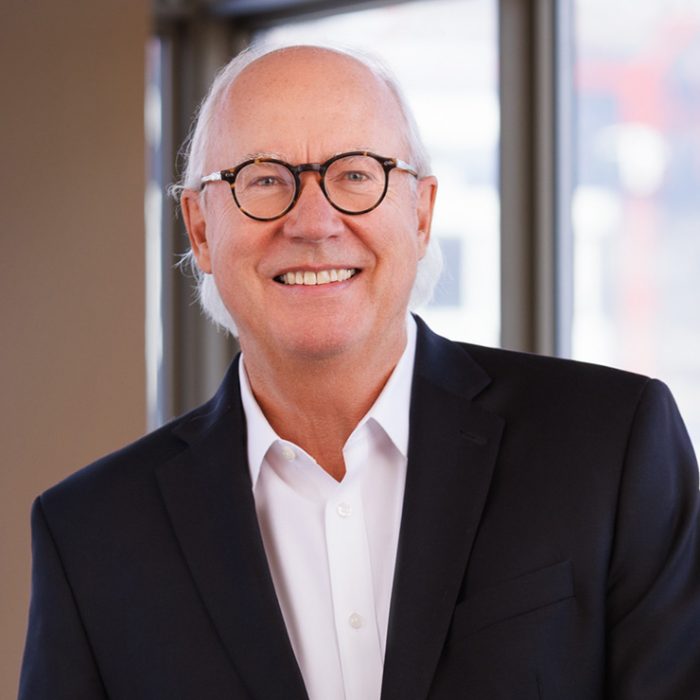Prisoners suffer disproportionately from past traumatic brain injuries.
Researchers are hunting for the best tools to treat this population in an effort to help them reintegrate into society–and avoid re-incarceration.
About 8.5 percent of U.S. non-incarcerated adults have a history of TBI, and about 2 percent of the greater population is currently suffering from some sort of disability because of their injury.
In US prisons, however, approximately 60 percent of adults have had at least one TBI—and even higher prevalence has been reported in some systems.
These injuries, which can alter behavior, emotion and impulse control, can keep prisoners behind bars longer and increases the odds they will end up there again.
Although the majority of people who suffer a TBI will not end up in the criminal justice system, each one who does costs states an average of $29,000 a year.
With more than two million people in the U.S. currently locked up—and millions more lingering in the justice system on probation or supervision—the widespread issue of TBI in prison populations is starting to gain wider attention.
TBI seems to increase the likelihood that a person will wind up in prison. It also seems to make the corrections environment that much more difficult to navigate. In prison, "there’s so much that goes on a day-to-day basis: ‘Line up over here; do this; do that,’" says David Maltman, a policy analyst at the Washington State Developmental Disabilities Council. When a prisoner with TBI is misremembering rules or is slow in responding to instruction, many prison staff are likely to see a prisoner as noncompliant or intentionally defiant, provoking situations that can lead to further injury—or at least poorer chances at an early release.
Brian injury also increases the likelihood that people will have other mental health troubles, including substance abuse, and can also make it more difficult to overcome additional conditions. In a survey of adults enrolled in a New York State substance abuse program, about half had a record of TBI.
For more, see this article in Scientific American:
Paul Mitchell, Q.C.is a BC personal injury lawyer who has extensive experience with severe brain injury claims, spinal injury claims, death claims, ICBC claims, medical malpractice claims, and other catastrophic injury claims. Paul has successfully concluded numerous multi-million dollar injury cases. He acts for injured clients all over BC and Alberta, and will not act for ICBC or any other insurance company.
For more information on this article, or for a confidential discussion of your injury claim, contact Paul Mitchell, Q.C. at 250-869-1115 (direct line), or send him a confidential email at [email protected]

